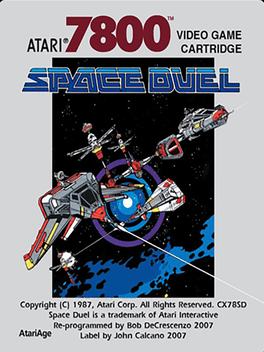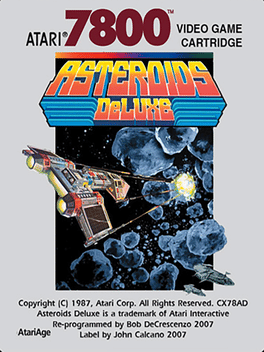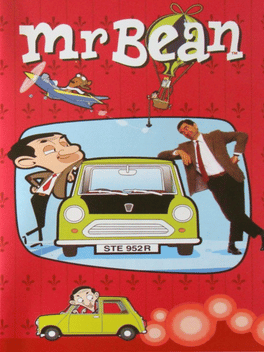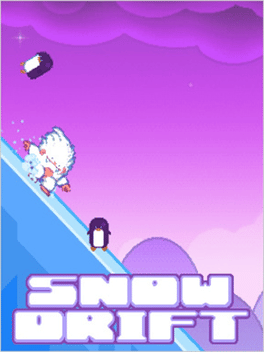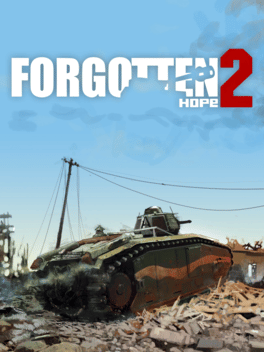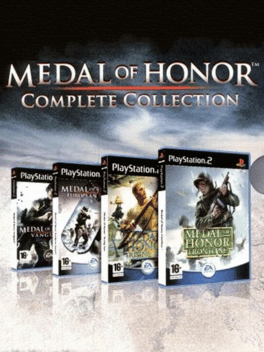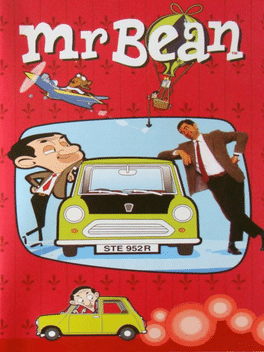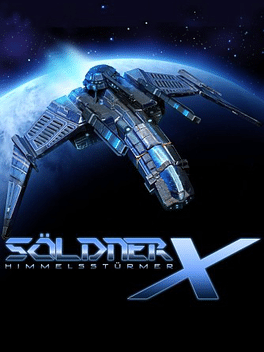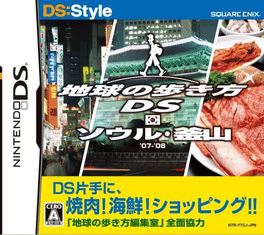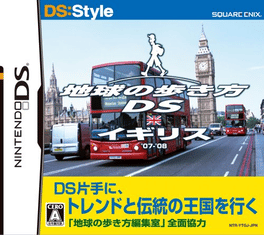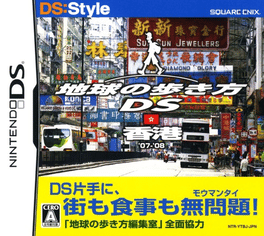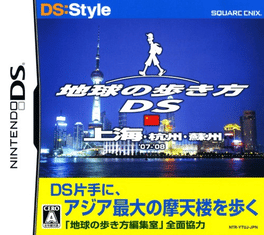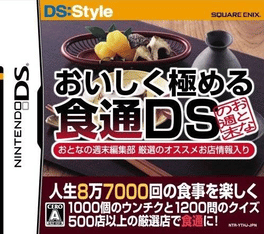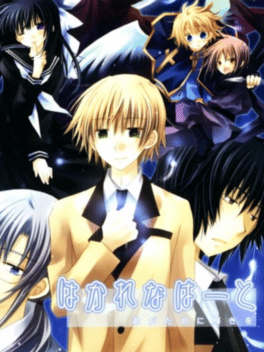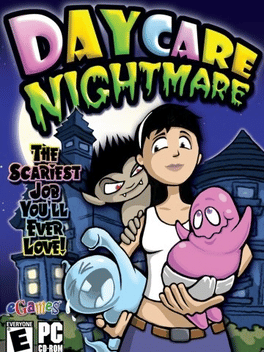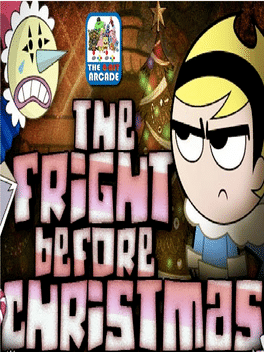New Games - Page 10039
-
Space Duel
2007
-
Asteroids Deluxe
2007
-
Polar Payne
2007
Polar Payne
2007
Dinky is a polar bear whose family was murdered by Eskimos. He seeks revenge of the ones who murdered his family by attacking their camp and taking them out. -
Mr Bean
2007
-
Snow Drift
2007
-
Forgotten Hope 2
2007
Forgotten Hope 2
2007
An award-winning World War II mod for Battlefield 2, covering all aspects of land, air and sea combat, with a focus on realism and historic accuracy. It is the sequel to Forgotten Hope, one of the most popular mods for Battlefield 1942. As player, you can take control over an expansive number of authentic WWII equipment; from tanks such as the mighty German King Tiger, to famed aircraft like the British Spitfire, or hit the road with the Willys MB Jeep. Lay your hands on infantry weapons, such as the powerful German Panzerfaust or the fearsome American M1 Garand rifle. Fight your way through the North African deserts, the landing grounds of Normandy, the freezing Ardenne forests, and alongside your comrades in mother Russia! -
Bratz 4 Real
2007
Bratz 4 Real
2007
Bratz: 4 Real is a video game adaptation of Bratz: The Movie released to Microsoft Windows on November 5, 2007. -
Medal of Honor: Complete Collection
2007
The Medal of Honor Complete Collection bundles Medal of Honor: Frontline, Medal of Honor: Rising Sun, Medal of Honor: European Assault and Medal of Honor: Vanguard. -
Zu Online
2007
-
Pump It Up NX2: Next Xenesis
2007
This was the second Pump It Up game released by Nexcade and Andamiro, fans say this WorldMax is the best in the entire series for its unique song selection and elaborate functions utilized, to keep fans playing for months and months, released in 2008 very few to this day have completed the NX2 WorldMax. -
Mr Bean
2007
Mr Bean
2007
Mr Bean based from the animated TV series of the same name, you play as Mr Bean himself. -
Söldner-X: Himmelsstürmer
2007
star 6.5The celestial planet Conceyta orbits with its moon in a dust- and gas-covered solar system. Within lurks an evil unknown to man that bears a danger so much greater than any threat yet witnessed. A dark, mysterious power has manifested itself in the depths of the gas giant, absorbing life and technology, and assimilating all in its wake. Spacecraft, pilots, androids, and computers: Nothing is safe. No one can escape the virus that infects all life forms, turning once brave heroes and peaceful colonists alike into ravaging, chaotic forces, fighting each other and infecting more in the process. Soulless technology and hate-driven humanoids are all that's left of Earth's once-proud fleet. The galaxy as we know it is threatening to fall apart. War, death, and bedlam have taken hold of civilisation. Humankind is at the brink of extinction. Those who aren't yet infected--the resistance, a band of mercenaries, soldiers and civilians--are Earth's final hope, and they have one goal in common: To stop the deadly infection and -
Daycare Nightmare
2007
-
The Fright Before Christmas
2007
Help Billy, Mandy and Grim destroy the evil toys that have taken over Santa's toyshop.

